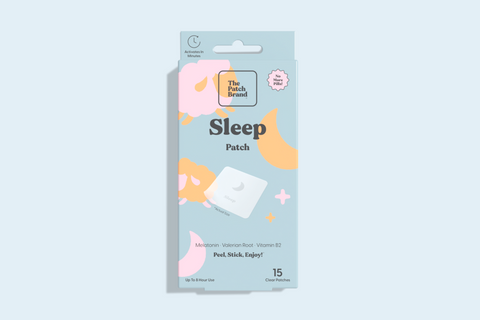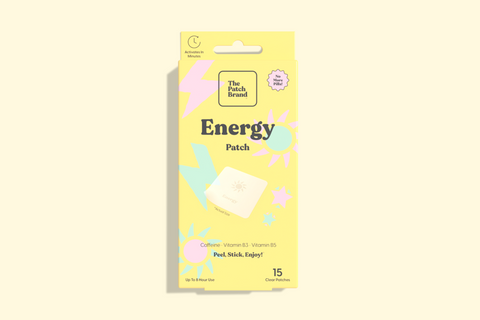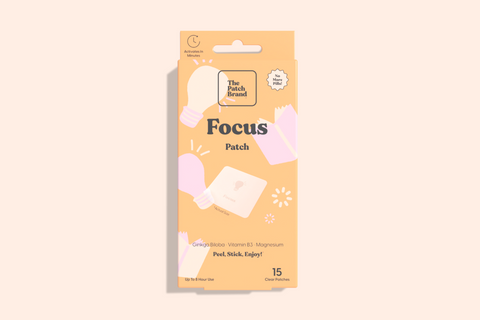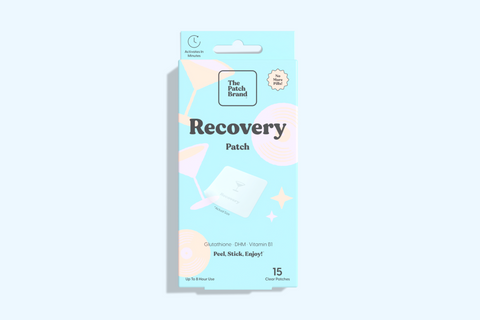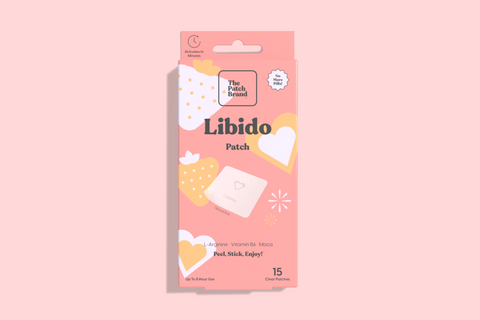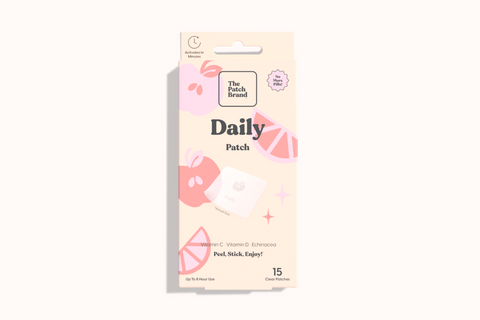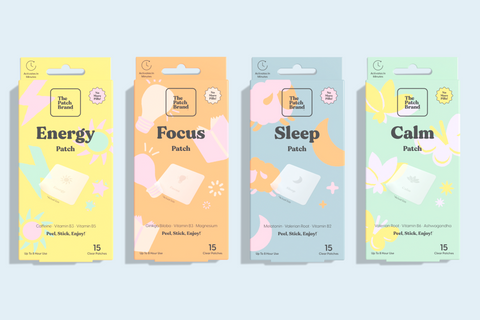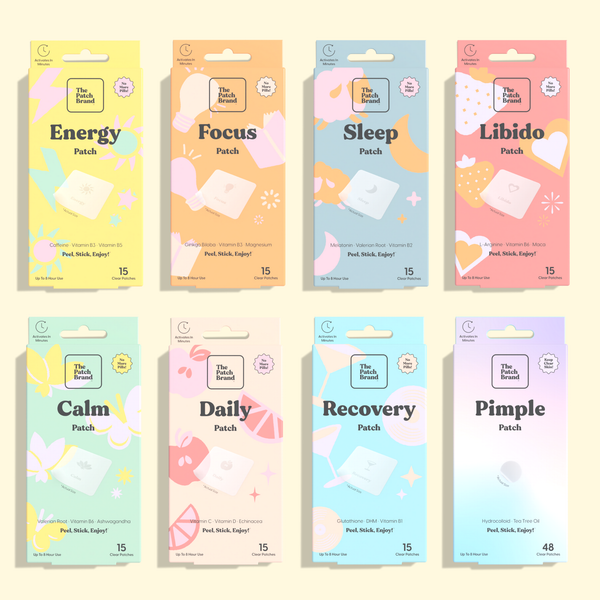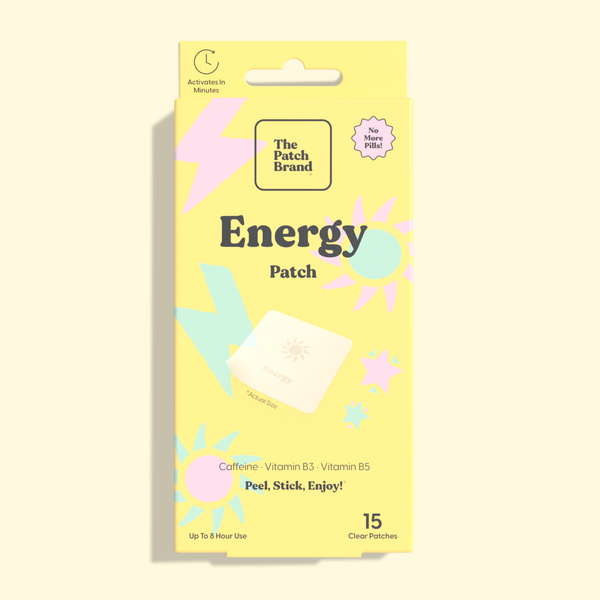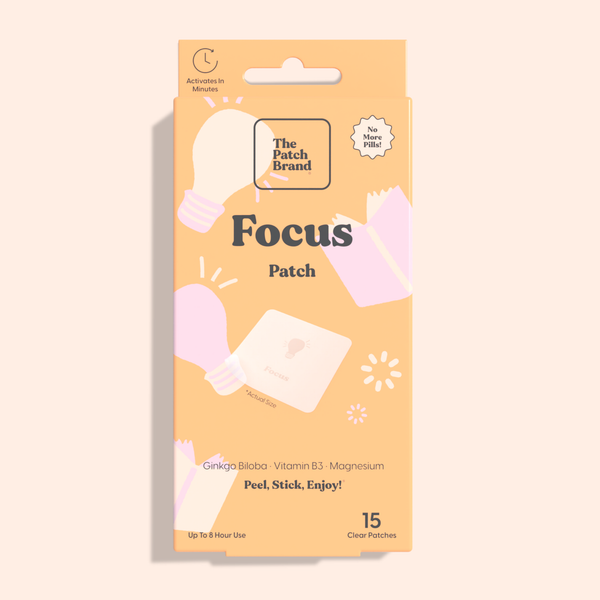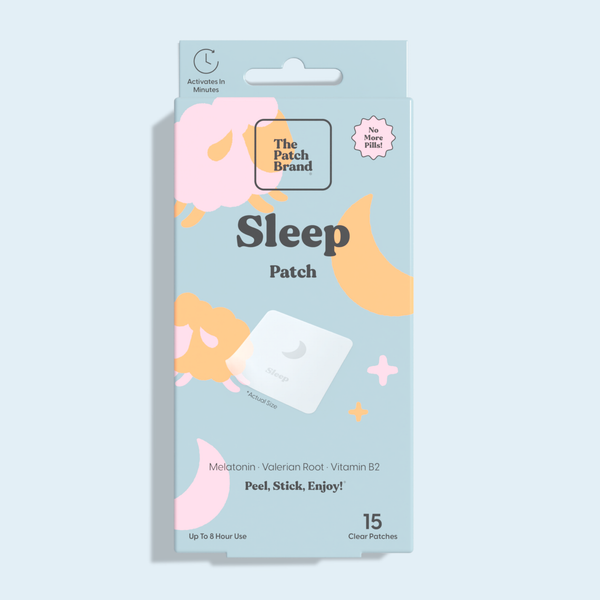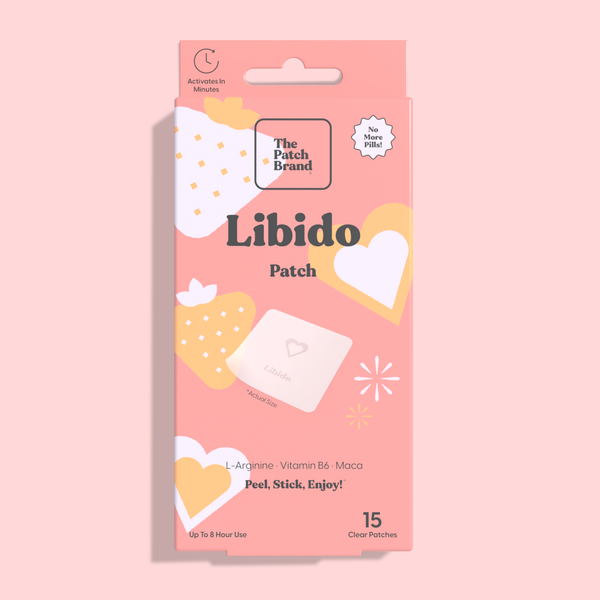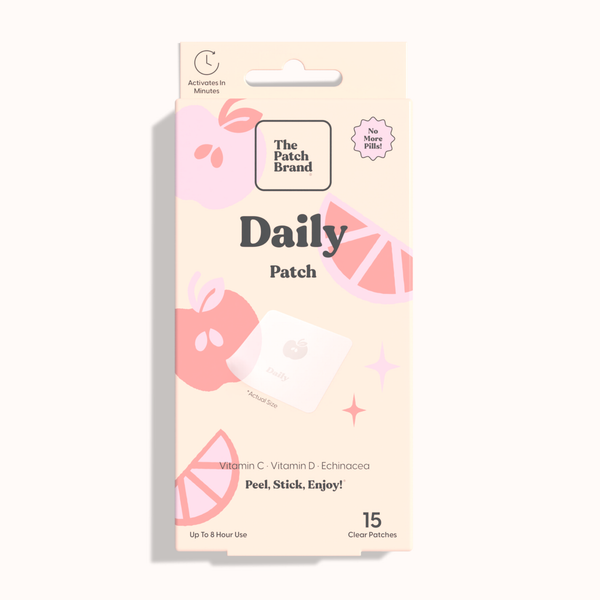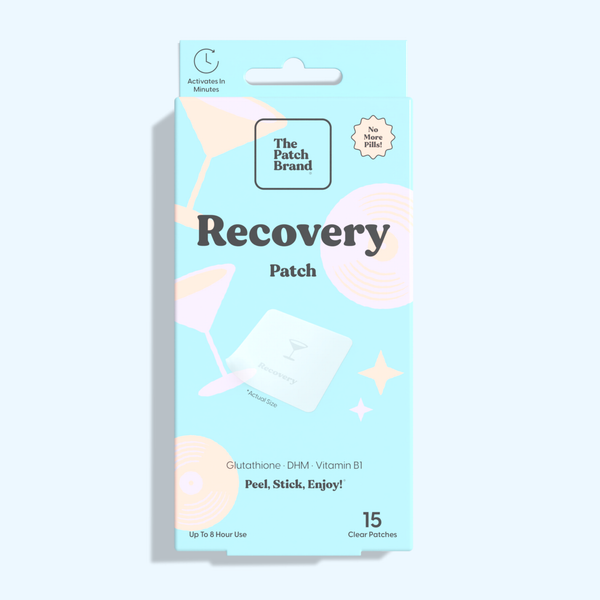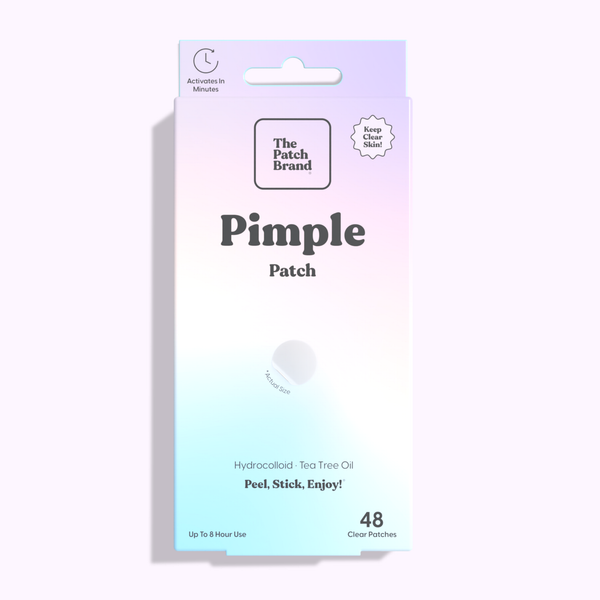As we continue to navigate a world where health consciousness is paramount, the introduction of immunity patches marks a significant advancement in nutritional science and health maintenance. These innovative patches offer a novel way to fortify our bodies against illnesses by ensuring that essential vitamins and nutrients are absorbed directly into the bloodstream. With the growing interest in maintaining robust immune health, the accessibility and effectiveness of these patches are rapidly gaining popularity. As we delve deeper into the benefits and applications of immunity patches, it becomes clear that they are more than just a convenience—they are a potential game-changer in the way we approach wellness and immune support.

Immunity Patches: A New Way To Deliver Vitamins For Immunity
Immunity patches have emerged as an innovative solution designed to enhance the body's natural defense mechanisms against diseases. These
transdermal patches are applied directly to the skin, leveraging a method that allows active ingredients to be absorbed directly into the bloodstream, bypassing the digestive system. This approach can be particularly beneficial as it prevents the degradation of
immunity vitamins and minerals that often occur during the digestive process.
The effectiveness of immunity patches, however, depends on various factors including the types of vitamins used, the dosage, and the individual’s skin permeability. Not everyone's skin allows for efficient absorption of these nutrients, and factors such as skin thickness, hydration, and the specific area where the patch is applied can affect the rate and amount of absorption. The controlled release of nutrients over time is a potential advantage of these patches, offering a steady supply of vitamins throughout the day that could help maintain a consistent level of immune support. One of the most significant advantages of an immunity vitamin patch is its convenience. For individuals who have difficulty swallowing pills or maintaining a routine with traditional supplements, transdermal patches can provide a convenient and low-maintenance alternative.
Vitamin patches are increasingly favored for their efficacy in
enhancing immune health. Their growing acceptance stems from their ability to deliver essential nutrients directly through the skin, offering an alternative for those who have difficulty with traditional oral supplements. Here's a look at each:
-
Vitamin C: Vitamin C is a potent antioxidant essential for immune defense. It helps protect cells from oxidative stress by neutralizing harmful free radicals. Additionally, vitamin C supports various cellular functions of both the innate and adaptive immune system. Its role is crucial in promoting skin health by encouraging the production of collagen and enhancing the skin’s barrier against pathogens.
-
Zinc: Zinc is vital for immune system function, playing a central role in cell growth, differentiation, and metabolism. It acts directly on pathogens and at the cellular level to fight infections and heal wounds. Zinc is particularly important for maintaining the function of immune cells like neutrophils and natural killer cells. Moreover, zinc deficiency is linked to a weakened immune response, highlighting the importance of maintaining adequate levels.
-
Vitamin D: This vitamin is crucial for the modulation of immune responses. Vitamin D receptors on immune cells help regulate their pathogen-fighting abilities, making it a key player in preventing overactive immune responses that can lead to inflammation. Vitamin D deficiency may increase susceptibility to infections, autoimmune diseases, and even metabolic syndromes, making its supplementation vital for overall health.
-
Vitamin B12: Essential for neurological function and the production of DNA and red blood cells, Vitamin B12 also plays a significant role in immune function. It aids in the production of immune cells and helps maintain their health, which is crucial for defending against pathogens. Moreover, B12 supports energy metabolism, which is vital for maintaining immune system activity.
-
Vitamin E: As an antioxidant, Vitamin E protects cells from oxidative damage and supports the immune system's ability to fight off invading bacteria and viruses. It enhances T-cell mediated function, which is a type of white blood cell that plays a central role in cell-mediated immunity. Immune system impairment has been related to vitamin E insufficiency, especially in elderly individuals.
-
Vitamin A: Known for maintaining healthy vision and skin, Vitamin A is equally essential for immune health. It helps maintain the structural and functional integrity of mucosal cells in the body like those in the gut, respiratory tract, and skin—frontline defenses against pathogens. Vitamin A influences the function of immune cells and the response of antibodies, which are critical components in the immune response.
-
Vitamin B6: Vitamin B6 is crucial for brain development and for maintaining healthy nervous and immune systems. It influences brain function and the production of neurotransmitters and hormones, which help cope with stress, a known suppressant of immune function. Vitamin B6 also aids in the production and efficacy of antibodies necessary for fighting various diseases.
However, it's important to note that immunity patches may not be suitable for everyone. When evaluating immunity supplements, it is crucial to understand that these products can significantly differ in quality and efficacy. The market for dietary supplements is vast and not uniformly regulated across the globe, leading to variations in the manufacturing processes and the sources of ingredients. Some brands may not adhere strictly to the potency and purity they advertise, which can result in supplements that contain lower-than-claimed levels of essential nutrients. Consumers should seek products from reputable companies that offer transparency regarding their ingredient sourcing and manufacturing practices. Third-party certification by organizations like the U.S. Pharmacopeia (USP), NSF International, or ConsumerLab can provide an added layer of assurance about the quality and accuracy of product labels.

The biological impact of immunity supplements also warrants careful consideration. While certain nutrients have been shown to support immune function, excessive intake can lead to adverse effects. It is also crucial to consider interactions with other medications, as some supplements can enhance or inhibit the effects of pharmaceuticals. Therefore, consulting with a healthcare provider before starting any new supplement regimen is advisable, particularly for individuals with pre-existing health conditions or those taking other medications.
Immunity Supplements
Immunity supplements, on the other hand, are a more traditional way to get vitamins for immunity. These supplements come in a variety of forms, including pills, capsules, and gummies, and can be taken orally.
One of the main advantages of immunity supplements is their versatility. There are countless different types of supplements available, each with its unique blend of vitamins for immunity. This means that you can choose a supplement that is tailored to your specific needs and preferences. These supplements combine traditional herbal remedies with modern scientific research to create formulations that support various aspects of the immune system. Here's a closer look at some key ingredients:
-
Echinacea: Echinacea is a popular herb in immune support supplements due to its reputed ability to fight infections and boost the immune system. Research suggests it might help reduce the severity and duration of colds by enhancing white blood cell function, which is crucial for fighting off infections. Echinacea is often recommended at the onset of cold symptoms to potentially lessen their impact.
-
Elderberry: Elderberry is celebrated for its rich antioxidant properties, which play a role in combating oxidative stress and reducing inflammation. This berry has been used historically to treat respiratory illnesses because of its ability to relieve congestion and minimize the duration of cold and flu symptoms. Its anti-inflammatory effects are also helpful in managing sinus pain and other symptoms associated with colds and allergies.
-
Probiotics: Probiotics consist of beneficial bacteria that are integral to maintaining gut health, a major component of the immune system. These microorganisms enhance the barrier function of the intestinal lining, help regulate immune responses, and prevent the growth of harmful pathogens in the gut. Supplementing with probiotics can lead to improved digestive health, which in turn, supports a robust immune system.
Incorporating these ingredients into a daily routine can significantly contribute to immune health. Each component works in a unique way to support and enhance the body's ability to fight infections and maintain overall wellness. As more people seek natural ways to boost their immune system, these supplements continue to gain popularity for their effectiveness and ease of use.
However, it's important to note that not all immunity supplements are created equal. The quality of supplements can vary widely, and some supplements may not contain the amounts of vitamins and nutrients that they claim to. Additionally, some supplements may cause side effects, especially if taken in high doses.
Choosing Between Immunity Patches & Supplements and The Importance of a Balanced Lifestyle
Choosing between immunity patches and supplements comes down to personal preferences and lifestyle. If you have a busy schedule and find it challenging to remember to take pills or capsules, then immunity patches may be the better option. If you have sensitive skin or are prone to allergies, then patches may not be the best choice. On the other hand, if you prefer to have more control over your dosage and want to tailor your vitamins for immunity to your specific needs, then supplements may be the way to go. However, it's essential to do your research and choose high-quality supplements from reputable manufacturers.
Maintaining a balanced and healthy lifestyle remains the cornerstone of optimal immune function. Immunity patches and dietary supplements, while useful in supporting overall health, do not serve as direct replacements for the foundational elements of good health: a nutritious diet, regular physical activity, and sufficient sleep. These elements work synergistically to enhance immune response and general well-being. A diet rich in fruits, vegetables, whole grains, and lean proteins provides essential nutrients that are crucial for the immune system to function effectively.
Regular physical exercise plays a critical role in bolstering immune health, offering numerous benefits that contribute to the efficient functioning of the immune system. Engaging in regular activity helps to optimize bodily functions and maintain overall health, enhancing the body’s ability to fend off illnesses. Here’s a look at how exercise impacts immune health:
-
Promotes Circulation: Exercise increases blood flow, improving the circulation of immune cells and substances throughout the body. This enhanced circulation allows immune cells to move more freely and efficiently, reaching sites of infection quicker. Improved blood flow also means that nutrients essential for immune function are better distributed throughout the body, aiding in the maintenance and repair of tissues, and facilitating the removal of toxins.
-
Reduces Stress: Regular physical activity is effective in reducing stress, which is vital because chronic stress can significantly weaken the immune system. Stress hormones such as cortisol can suppress the effectiveness of the immune system by lowering the number of lymphocytes, a type of white blood cell important for immune responses. Exercise helps mitigate the production of stress hormones and boosts the production of endorphins, the body's natural painkillers and mood elevators, thus enhancing overall mental health and immune resilience.
Regular engagement in physical activities such as walking, cycling, yoga, or any form of exercise that increases the heart rate can significantly benefit immune health. By improving circulation and reducing stress, exercise not only enhances the body’s ability to defend against pathogens but also contributes to faster recovery when ill. Therefore, making exercise a regular part of your lifestyle is a powerful way to strengthen your immune system and improve your overall health and well-being. Sleep, on the other hand, is crucial for immune health as it allows the body to repair itself and regenerate. Ultimately, the most effective strategy for maintaining immune health involves a holistic approach that combines these supplements with sustained healthy lifestyle habits.

Both immunity patches and supplements can be effective in supporting immune health. Immunity patches are a convenient way to deliver vitamins for immunity, while immunity supplements are a versatile option for getting a custom blend of vitamins and nutrients. Whether you choose to use patches or supplements ultimately depends on your individual needs preferences and any medical conditions. By making an informed decision, you can help to support your immune system and stay healthy. It's crucial to consult with a healthcare professional before starting any new supplement or patch regimen, especially if you have pre-existing medical conditions or are taking any medications.



